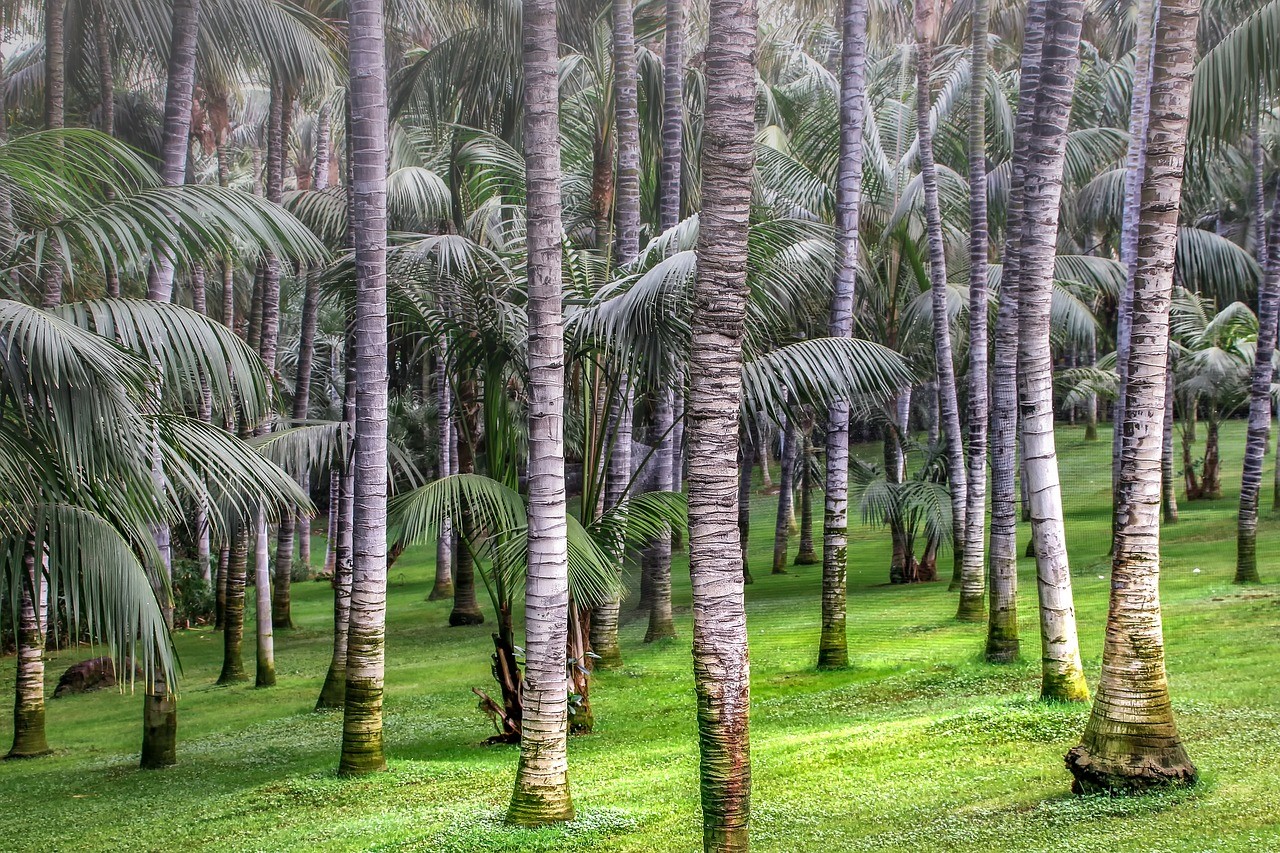
We have more than 15 million Ha globally under palm oil cultivation. Although palm oil has been a favorite to many globally, it does play a significant role in climate change. Yes, there has been a great social-economic impact as it’s alleviated poverty and created employment for millions.
The production of this oil involves the emission of carbon gases into the atmosphere. The emitted gases lead to global warming, an animal we are all trying to fight. You may be wondering, how does palm oil deforestation lead to climate change?
Let us find out.
Deforestation
Palm oil is used as vegetable oil and a beauty product for the skin and the hair. It is in high demand in various parts of the world due to its numerous health benefits.
The global market and demand for palm oil is driving the acquisition of large blocks of land. More and more people and companies are hungry for more palm oil leading to deforestation.
Palm trees grow in tropical climates. The most diverse terrestrial ecosystem can be found in the tropical forests. It’s know to contain large carbon stocks that help in the mitigation of climate change. Some of the world’s most biodiverse forests have been lost to palm tree plantations. Such actions lead to a poorly balanced ecosystem, and this changes our climate.
The emission of gases pollutes the environment
During palm oil production, there is an emission of carbon gases that leads to pollution. Such gases become oversaturated in the atmosphere than their average percentage and thus leading to global warming.
Indonesia is one of the countries that is much affected by palm oil production. They recorded the highest levels of carbon emission within two Millenials. The emission saw Indonesia appear among the top four sources of carbon emission in the world. Ironically, palm oil was introduced to save the environment.
Currently, it is comforting to know we have palm oil sustainability strategies and programs that define the environmental and social-economic standards of palm oil plantations.
A lot of mapping and monitoring supported by appropriate regulatory frameworks is helping achieve sustainability of palm oil production.
Palm oil has won the hearts of many around the globe. People are using it for many reasons and the benefits speak for it. You can help conserve the environment or control climate change by only buying products certified by RSPO as they adhere to production guidelines.

